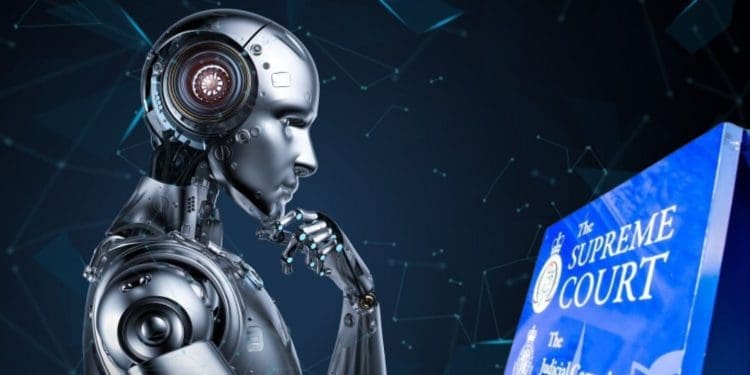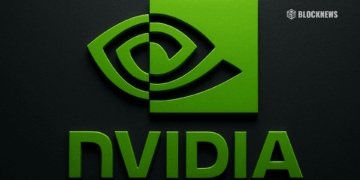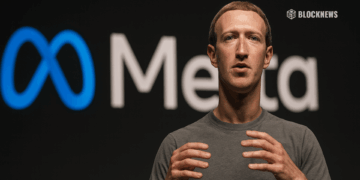- Stephen Thaler filed UK patent applications listing his AI system DABUS as the inventor, but courts ruled the inventor must be a natural person under current patent law.
- The UK Intellectual Property Office, High Court, and Court of Appeal all rejected Thaler’s appeals insisting AI can be named as an inventor.
- The Supreme Court did not determine if AI advances can be patentable, only that existing law requires the inventor be a natural person.
In 2018, Stephen Thaler filed patent applications for a food packaging design and a flashing light design. Rather than listing himself as the inventor, he named his AI system DABUS. Thaler argued that he had the right to the patents through his ownership of DABUS.
The UK Intellectual Property Office’s Initial Response
The UK IPO said Thaler failed to comply with patent requirements to list a person as the inventor and describe how his rights derived from that person. Thaler appealed, insisting he met the 1977 patent law requirements, but this was denied.
Appeals in the UK High Court and Court of Appeal
Thaler made further appeals in the UK High Court and Court of Appeal. Both courts dismissed his claim by denying AI could be listed as an inventor.
The Supreme Court’s Judgement
The Supreme Court ruled that under current patent law, the inventor must be a natural person. It rejected Thaler’s argument that he could file for patents based on his ownership of DABUS, since the applications still require listing a person as the inventor.
What Was Not Decided
The Supreme Court did not rule on whether AI-created inventions can be patentable or if the term “inventor” should expand. It only found that existing law requires the inventor be a natural person.
Response from Thaler’s Lawyers
Thaler’s lawyers said the judgement shows UK patent law currently cannot protect AI-generated inventions. Thaler made similar unsuccessful appeals in US courts.
Analysis from a Patent Litigator
A patent litigator said that if Thaler claimed he was the inventor using DABUS as a tool, the outcome may have been different. But the courts were not asked to determine if AI advances should be patentable.














